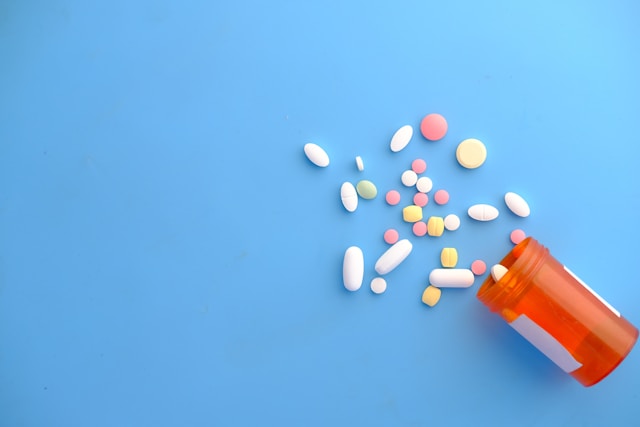Pornography addiction is a complex issue that affects many individuals worldwide. While no medications have been FDA-approved specifically for treating porn addiction, certain medications used for other conditions may offer relief. However, it’s crucial to note that this article does not provide professional medical advice. We strongly encourage seeking certified treatment from qualified professionals for personalized care.
Alternative Strategies for Managing Porn Addiction
In addition to potential medication options, several non-pharmacological approaches can be effective in combating porn addiction. Let’s explore some of these strategies:
1. Use Accountability Apps
Accountability apps like TrueAlly can be powerful tools in your recovery journey. These apps help track your progress, provide support, and create a sense of responsibility. By using such apps, you’re taking an active step towards breaking free from porn addiction.
2. Practice Meditation and Mindfulness
Mind-body exercises like meditation and mindfulness can significantly aid in quitting porn. These practices have been shown to increase dopamine release and grow the prefrontal cortex, which helps regulate emotions and impulses. Regular meditation and mindfulness can improve your ability to manage cravings and reduce dependence on pornography.
3. Engage in Regular Exercise
Physical activity is another effective way to combat porn addiction. Exercise releases endorphins, improving mood and reducing anxiety and depression. Studies have shown that regular exercise can be as effective as antidepressants in some cases. By incorporating a consistent exercise routine into your daily life, you’re supporting your recovery and overall well-being.
4. Find Healthy Alternatives for Dopamine Boosts
When the urge to watch porn arises, replace it with a healthy activity that boosts dopamine. Short-term activities like eating a nutritious snack, taking a quick walk, or listening to your favorite music can provide immediate relief. Long-term activities such as maintaining a balanced diet and regular exercise can help regulate your mood and reduce stress over time.
5. Build Willpower Through Self-Control Activities
Building self-control is crucial for overcoming addiction. Activities like fasting, taking cold showers, or reducing alcohol consumption can help strengthen your willpower. These practices increase your ability to control impulses and make healthier choices. Incorporate these self-control exercises into your routine to build resilience against porn addiction.
6. Address Underlying Issues
Often, porn addiction serves as a coping mechanism for underlying issues such as depression, anxiety, trauma, or loneliness. Addressing these root causes through therapy or self-reflection can help you understand and resolve the reasons behind your addiction. By tackling these underlying issues, you can reduce your reliance on porn and develop healthier ways to manage your emotions.
7. Reduce Triggers
Identifying and eliminating triggers that lead to porn use is essential. Common triggers include social media, certain movies or TV shows, and online advertisements. Consider deleting apps or limiting your exposure to these triggers. Changing your environment, such as keeping devices in common areas and having someone nearby when using them, can also help. By reducing triggers, you make it easier to resist the urge to watch porn.
Conclusion
While medication may play a role in treating porn addiction, it’s important to remember that recovery is a holistic process. Combining potential medication options with alternative strategies like accountability apps, mindfulness practices, exercise, and addressing underlying issues can create a comprehensive approach to overcoming porn addiction.
Remember, seeking professional help is crucial for developing a personalized treatment plan. With dedication, support, and the right tools, it’s possible to break free from porn addiction and lead a healthier, more fulfilling life.
Sources
- de Alarcón, R., de la Iglesia, J. I., Casado, N. M., & Montejo, A. L. (2019). Online Porn Addiction: What We Know and What We Don’t-A Systematic Review. Journal of clinical medicine, 8(1), 91. https://doi.org/10.3390/jcm8010091
